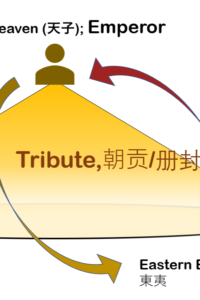
Zenkyo Masahiro (Professor of Kwansei Gakuin University) vs Machidori Satoshi (Professor of Kyoto University) Going beyond the “political party of Osaka” ――The opposition Japan Innovation Party (JIP) has grown in the 2022 Upper House election and the 2023 unified local elections. Meanwhile, the ruling Liberal Democratic Party (LDP) lost the by-election for Wakayama Constituency No. 1 in the lower house and the Nara Prefectural gubernatorial election. Other opposition parties, including the Constitutional Democratic Party of Japan (CDPJ), are also stagnant. How do you analyze the current political situation and the reasons for the JIP’s growth? Machidori Satoshi: I have come to see commentaries that the current political situation is a “neo 1955 System” similar to the former “1955 System[1]” where the LDP dominant-party system continued. However, despite the superficial resemblance, I believe that the current LDP is not as strong as before ... ... [Read more]

